About Us
Mission Statement
Nelson Scientific Labs is a Maryland based biomedical research and consulting company founded in 2018. We discover, develop, and deliver biomarkers for radiation exposure assessment, in vitro diagnostics and precision medicine. We acquire and study molecular profile data from diverse biological matrices using state-of-the-art analytic platforms for metabolomics, transcriptomics, and proteomics. We offer hope to cancer patients seeking early disease detection and health monitoring during curative radiation therapy by providing valuable solutions for personalized treatment and precision medicine that improve patient outcomes.
Nelson’s mission is to use personalized medicine approaches for improving clinical outcomes in cancer patients receiving curative radiation therapy. In order to attain this goal, we have developed strategic collaborations that combine inter-disciplinary programs including molecular profiling, clinical chemistry, bioinformatics and clinical care and treatment. Nelson has focused on biomarker panels for precision medicine in early detection of cancer and for prediction of radiation induced late effects and/or organ dysfunction.
Company Goals
At Nelson, we strive to break barriers in early cancer detection with kit-based susceptibility biomarkers for pancreatic cancer and late health effects of ionizing radiation exposure. These precision medicine tools will facilitate early decision-making, guide treatment options, and improve patient outcomes. Bringing these tools to market will require rigor, diligence, and expertise. To that end, we have assembled an experienced, engaged, multi-disciplinary team dedicated to developing and implementing novel study designs and cutting-edge analytics for biomarker exploration and development. We are one of the first biotechnology companies focused on the use of multi-omics approaches for predicting ionizing radiation late health effects and early detection of pancreatic cancer.
Our Culture
At Nelson, our mission is to launch kit-based biomarker assays as “In Vitro Diagnostics” with the goal of identifying sub-populations at risk of developing pancreatic cancer as well as those at risk of experiencing late effects following accidental or therapeutic exposure to ionizing radiation.
Notable Accomplishments:
- Early adopters of liquid chromatography-mass spectrometry metabolomics
- Foundational pioneers in biomarker discovery and validation for Delayed Effects of Acute Radiation Exposure (DEARE)
- Use of a blood-exosome-based liquid biopsy approach for building predictive algorithms for early detection of pancreatic cancer

Our Leaders

Bill J Singh, BA, MDBA
President and CEOMr. Singh is a retired Indian Navy Officer with an extensive background in government contracting and maritime consulting. He holds a BS in Political Science from Delhi University, India, and a Master's in Business Administration from Symbiosis Institute of Management in Pune, India. Mr. Singh founded Nelson Scientific Labs LLC in 2018 with a primary goal of translating tests developed in the laboratory to in vitro diagnostics for the health and medicine market. He currently serves as Nelson's President and Chief Executive Officer.
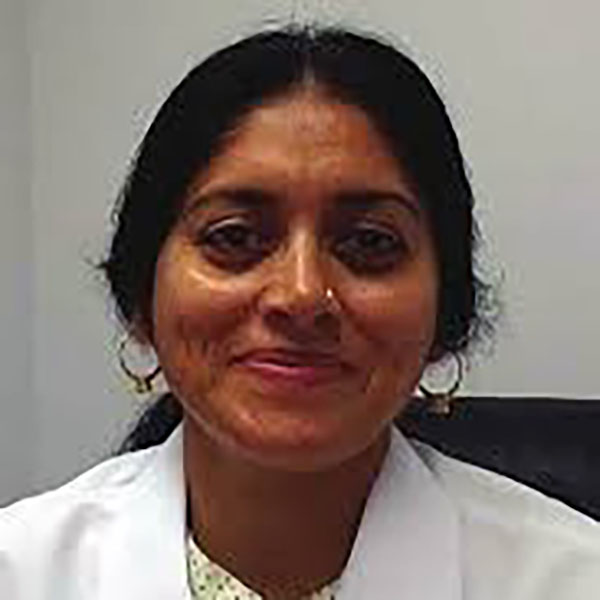
Amrita K Cheema, PhD
Senior AdvisorDr. Cheema is a professor of Oncology and Biochemistry and co-director of the Waters Center of Innovation in Metabolomics at the Georgetown University Medical Center. Her research focuses on discovery and development of small-molecule biomarkers of exposure to ionizing radiation and adverse health outcomes of radiation therapy. Dr. Cheema's laboratory has also advanced molecular phenotyping with the development of reliable workflows and informatics tools.
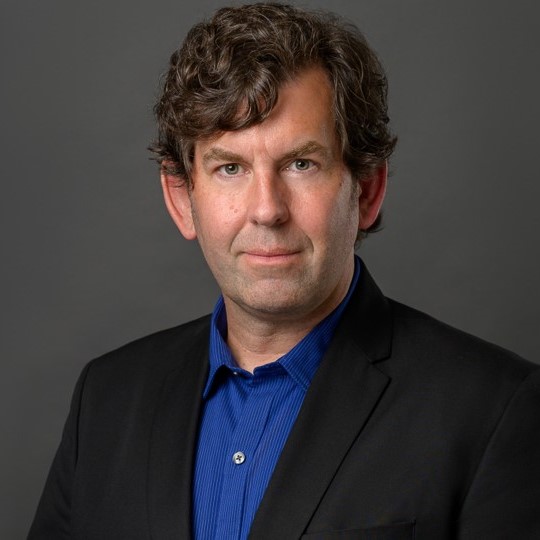
John B Tyburski, PhD, MPH
Scientific AdvisorDr. Tyburski is a public health researcher interested in developing biomarkers of exposure and late health effects. Working at the intersection of machine learning and epidemiology, he is developing methods to assess individual susceptibility to accidental and therapeutic radiation exposures. Dr. Tyburski holds a BS in Organismal Biology and a PhD in Physiology and Cell Biology from the University of Kansas as well as a Master of Public Health from the Johns Hopkins Bloomberg School of Public Health. Dr. Tyburski currently serves as Scientific Advisor at Nelson Scientific Labs.

Tomas Kanholm, PhD
Bioinformatics specialistDr. Kanholm is a bioinformatics scientist specializing in big-data analysis and pipeline automation. His current research interests include analysis of LCMS and other data sources to uncover biomarkers of radiation related late health effects. He holds a BS in Psychobiology from the University of California Los Angeles and a PhD in Genomics and Bioinformatics from the George Washington University as well as an MS in Biochemistry from the University of Southern California.
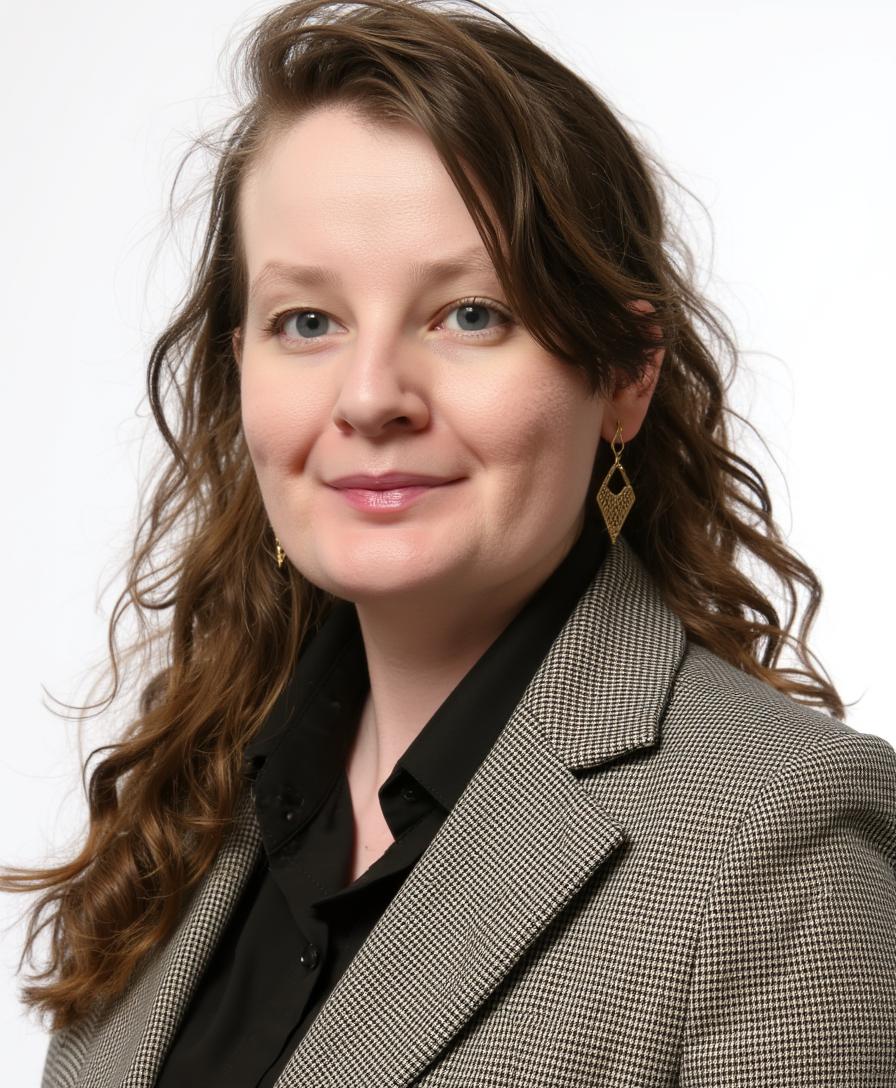
Jessica Paredes, PhD
Bioinformatics Staff ScientistDr. Jessica Paredes is an analytical chemist and a bioinformatic scientist. Her research focuses on the analysis of multi-omics data from human patients and animal models to reveal biomarkers for radiation-based cardiac disease. She holds a BA in chemistry from New College of Florida and a PhD in chemistry from Vanderbilt University, where she specialized in using proteomics to reveal important mechanisms related to aging and age-related nuclear cataracts.
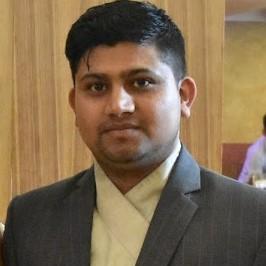
Pradeep Thapaliya, MSCS
Lead Application DeveloperPradeep Thapaliya is a Lead Application Developer and System Architect at Nelson Scientific Labs. With a Master's degree in Computer Science from the Illinois Institute of Technology, he has extensive experience in designing, building, testing, and managing infrastructure for complex software systems. His expertise includes application development, system architecture, system design, test suite design, testing, infrastructure as code, and implementing CI/CD pipelines.

Sue Soni
Admin & HR ManagerMs. Soni is HR & Finance Admin. She has been finance and admin professional with over 25 years of experience in the field. She holds a Bachelors in Business from Delhi University India . Ms. Soni has worked in various industries including healthcare, finance, and government contracting. She currently serves as the Admin & HR Manager at Nelson Scientific Labs.
Our Advisors and Consultants
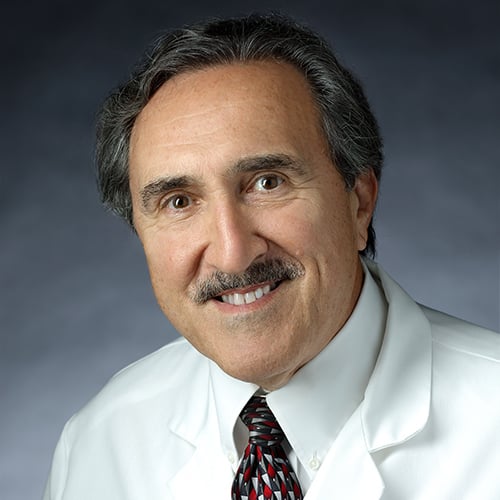
Dr. Anatoly Dritschilo, MD
Clinical advisorDr. Dritschilo currently serves as CEO of Prostate Theranostics, Inc. A radiation oncologist by training, Dr. Dritschilo holds a BS degree in Chemical Engineering from the University of Pennsylvania, a medical degree from the College of Medicine of New Jersey, and residency training from Harvard University's Joint Center of Radiation Therapy.

Dr. Keith R. Unger, MD
Clinical ConsultantDr. Unger currently serves as the Chief of Radiation Oncology and Director of the Gastrointestinal Cancer Service, as well as director of the residency training for the Department of Radiation Oncology at MedStar Georgetown University Hospital. He also fulfills the role of Acting Academic Chair of the Department of Radiation Medicine at Georgetown University School of Medicine, where he is a Professor. Dr. Unger's leadership extends to chairing the hospital's cancer committee.

Dr. Jill P. Smith, MD
Clinical ConsultantDr. Jill Smith is clinician scientist and Professor of Medicine at Georgetown University and the Lombardi Comprehensive Cancer Center. Dr. Smith also practices GI/Hepatology at the Washington DC Veterans Affairs Medical Center. As a clinical scientist, Dr. Smith's passion has been bench-to-bedside translational research. She has a basic science lab and is also conducting clinical trials in liver and pancreatic diseases.
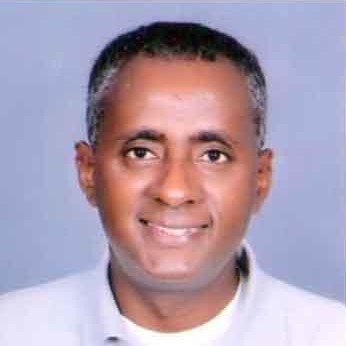
Habtom Ressom, PhD
Computational ConsultantDr. Ressom is a Professor of in the Department of Oncology at Georgetown University and serves as the Scientific Director for OmicsCraft LLC in Washington, DC. He has many years of experience in developing algorithms using machine learning, fuzzy logic, and network-based methods for omics data analysis. His research interest focuses on identification of disease biomarkers using multi-omics approaches.
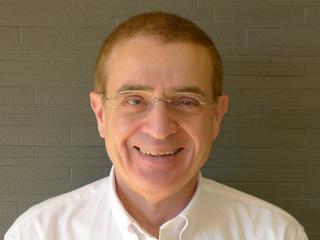
Federico Goodsaid, PhD
Regulatory ConsultantI have been a consultant for regulatory strategy within Regulatory Pathfinders (since 2017), for therapeutics and diagnostics companies in precision medicine, digital, imaging, and AI products. My consulting work includes Senior Vice President for Regulatory and Quality at Ariana Data Intelligence, a US subsidiary of Ariana Pharma in France. At Ariana (since 2021), I’ve led the alignment of AI product development and regulatory strategies for Ariana Pharma customers. I am currently working with the team at Nelson Scientific Labs. LLC for FDA approval of the CardioWatch device. I work with Nelson to extend the scope of work towards the approval of the Kidney-Watch and Lung-Watch devices as an exciting next step in my consulting experience.
Our Logistical Support Team

Carol Herod, MS
Contracts ManagerOur Teams Gallery











